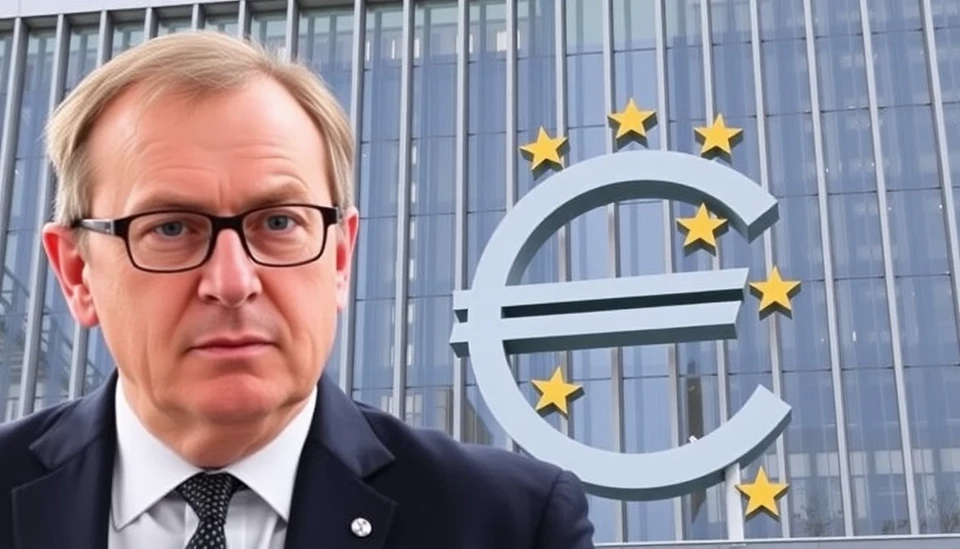
In a recent statement, François Villeroy de Galhau, a prominent member of the European Central Bank's (ECB) governing council, urged the need for sustained monetary easing as the eurozone strives to reach a neutral interest rate by mid-2025. Villeroy's comments highlight the ongoing economic challenges in the region and the necessity for the ECB to remain proactive in its efforts to stimulate growth.
The call for continued easing comes as inflation in the eurozone has shown signs of deceleration, yet remains a priority for policymakers. Villeroy emphasized that achieving a neutral rate, which is crucial for supporting sustainable economic growth, may require more accommodative measures in the interim. By advocating for a gradual approach to monetary policy, he underscored the importance of balancing inflation management while fostering an environment conducive to investment and consumption.
Villeroy posited that the ECB's commitment to keeping interest rates lower for an extended period could incentivize borrowing and lending, subsequently reviving stagnating sectors of the economy. This strategy is particularly pertinent as inflation rates have not consistently aligned with the ECB's target of around 2%, showcasing an ongoing divergence that necessitates a responsive monetary framework.
In his address, Villeroy pointed to the potential risks associated with premature tightening of monetary policy. He argued that halting the easing measures too soon could stifle the fragile recovery currently underway, essentially undermining efforts to position the eurozone towards long-term financial stability. His views resonate with the broader discourse among central bankers who are increasingly cautious about aggressive rate hikes amid uncertainties tied to global economic conditions.
Furthermore, Villeroy's remarks reflect an ongoing debate regarding the appropriate timing and conditions necessary for adjusting the ECB's monetary stance. As many member countries have been grappling with slowed economic growth, policymakers are under pressure to devise strategies that will not only address immediate inflationary concerns but also promote robust economic resilience.
As the ECB looks ahead, the implications of such a monetary policy framework could influence the trajectory of economic recovery across the eurozone. The synchrony between sustained low interest rates and inflation control will be critical as the bank navigates through this period of uncertainty.
In conclusion, François Villeroy de Galhau's advocacy for continued easing highlights a pivotal moment for the ECB as it weighs its options to navigate the complex economic landscape. With an eye on achieving a neutral interest rate by summer 2025, the need for a careful and measured approach has never been more apparent.
#ECB #FrançoisVilleroy #economicpolicy #eurozone #monetarypolicy #inflation #interest #rates #economicrecovery
Author: Daniel Foster




